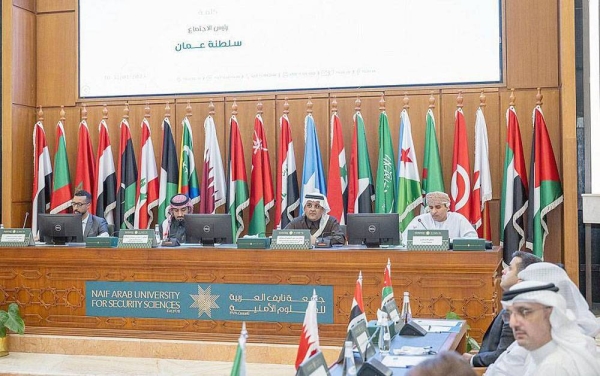
Britain revealed plans on Monday to revamp its counter-terrorism strategy, which would see domestic security services share information on people of concern.
Home Secretary Sajid Javid used his first major speech in office Monday to say that one of the lessons of the multiple extremist attacks on the UK in 2017 is that sensitive information must be shared more broadly with local authorities to prevent militants from having a "safe space" in which to operate.
The new strategy "incorporates the lessons learned from the attacks in 2017 and our responses to them".
The new strategy would allow security services to share information on people of interest with other government agencies, local authorities and businesses.
The current threat level to Britain is assessed as severe, meaning an attack is highly likely. The government said it had foiled 25 extremist plots since June 2013 - 12 of those since March 2017 - and was currently handling more than 500 live operations.
Furthermore, Javid said the threat of right-wing extremist attacks had also increased, noting that ISIS and right-wing groups have more in common than they acknowledge.
"They both exploit grievances, distort the truth and undermine the values that hold us together," he said.
Javid said Muslims were not responsible "for the acts of a tiny minority who twist their faith" and that there was a unique role for them to play in the fight against extremists.
"Theres one other thing that extremists and the far right have in common. As a Home Secretary with a name like Sajid Javid -- Im everything they despise.
"So the way I see it, I must be doing something right,” said the home secretary, son of Pakistani parents who emigrated to Britain in the 1960s.
He added there are "anomalies" in UK laws that must be updated to keep up with technology, citing for example statutes that make it "clearly illegal" to download videos that encourage terrorism but do not prohibit streaming them, which has become more common in the past five years.
Security Minister Ben Wallace told the BBC that the new counter-terrorism strategy will attempt to persuade individuals to "disengage" from extremist ideology and will focus on supervising those convicted of terror offenses after they are released from prison.
The government want firms to raise the alarm as quickly as possible if they have evidence of unusual transactions -- such as someone stockpiling large amounts of chemicals or acting suspiciously when hiring a vehicle.











